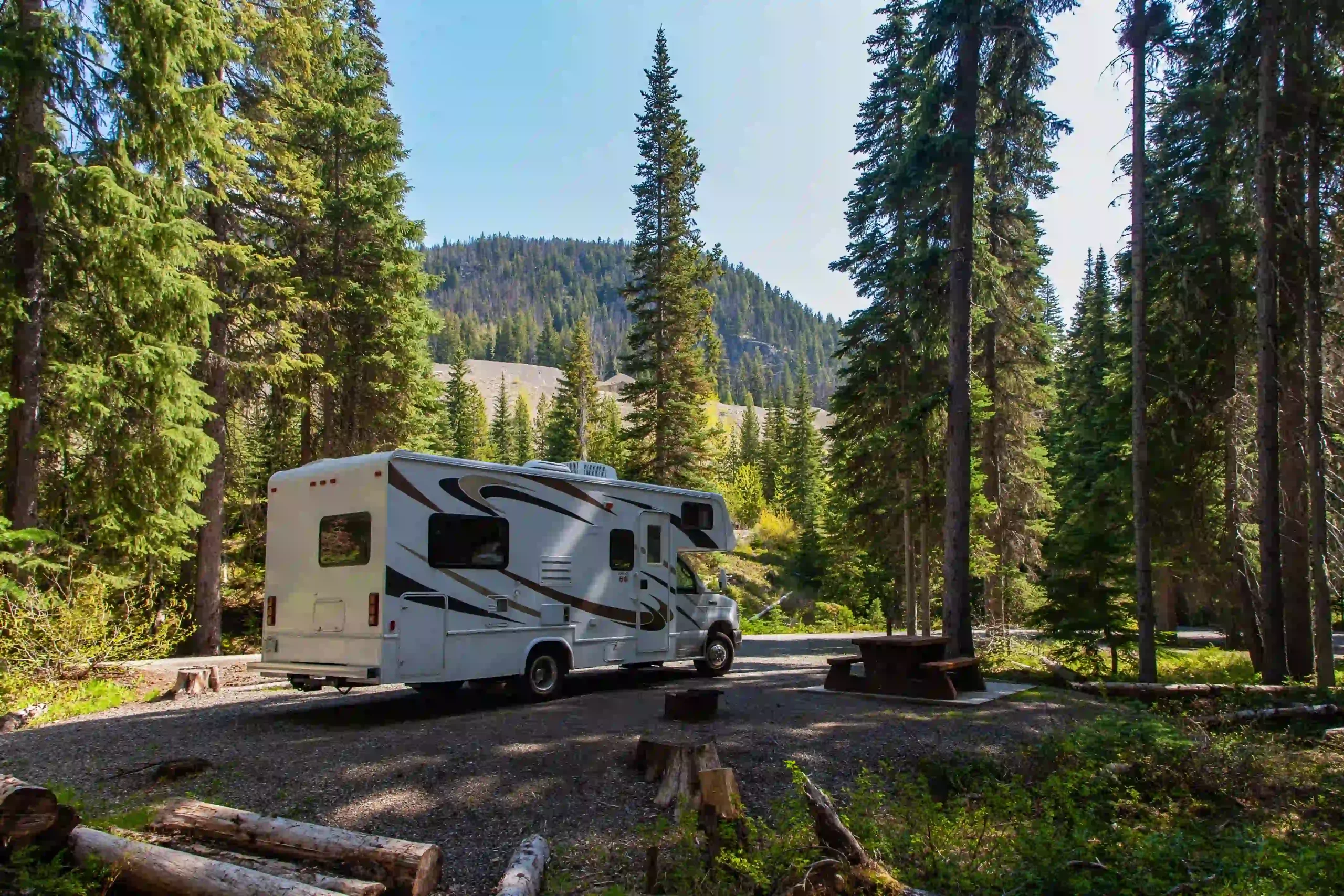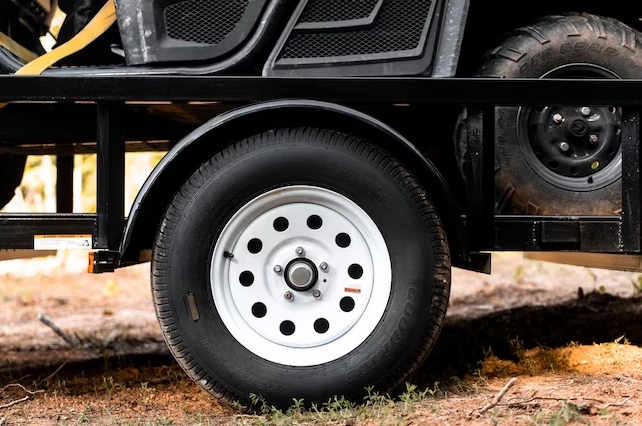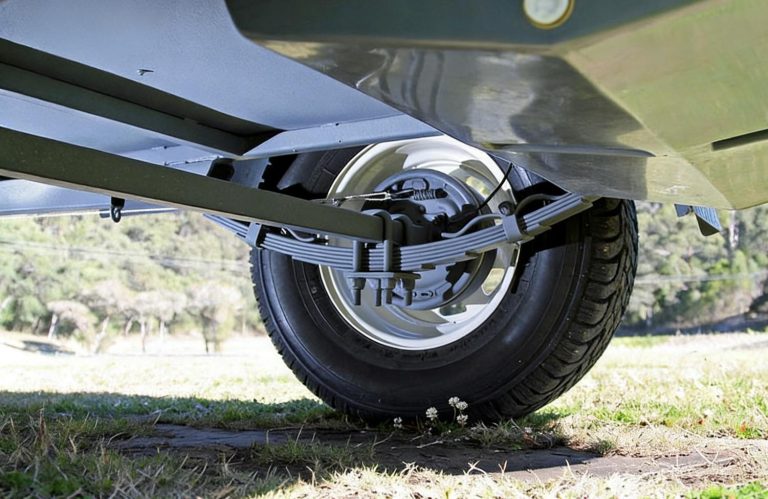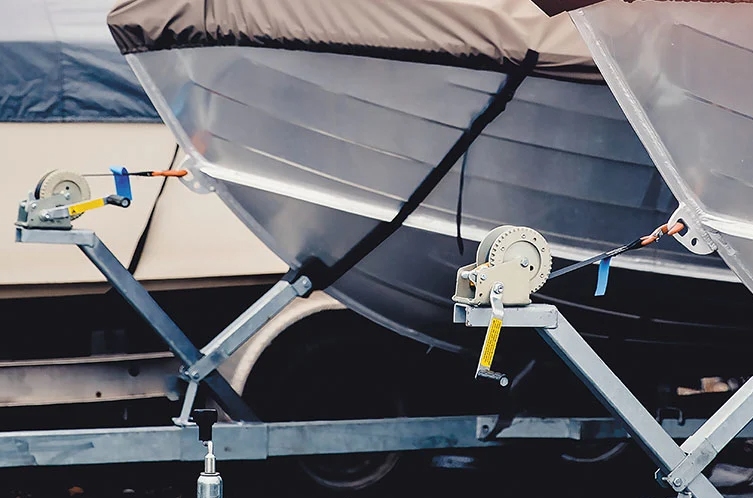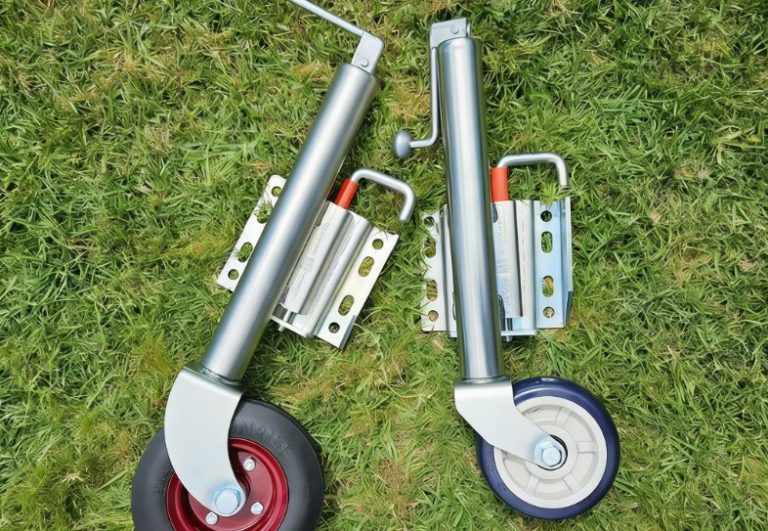Picking the right trailer coupler is super important for safe towing. A key thing to think about is trailer ball sizes. This affects coupler compatibility and how steady your trailer stays. Whether you’re pulling a tiny utility trailer, a boat, or a big RV, knowing the differences between 2″, 2-5/16″, and 3″ balls can really help.
In this post, we’ll explain these sizes, show their uses, and guide you to the best coupler.
Why Trailer Ball Sizes Are a Big Deal
The hitch ball and coupler connect your tow vehicle to the trailer. If trailer ball sizes don’t match, towing can get dangerous. For example, the trailer might wobble or even come loose. Each ball size fits certain trailer weights and types. This keeps towing safe and smooth. Let’s look at the main sizes and what they’re for.
Checking Coupler Compatibility
Coupler compatibility is a must. The coupler’s socket has to fit the hitch ball’s size exactly. So, a 2″ coupler won’t work with a 2-5/16″ ball. And the other way around doesn’t work either. When they match, the latch locks tight. This stops the trailer from coming off while you drive. Always check the ball size your coupler needs before buying a hitch or setting up your vehicle.
Popular Trailer Ball Sizes: 2″, 2-5/16″, and 3″
Each trailer ball size has a special job. It depends on the trailer’s weight and what it’s built for. Here, we break down the three common sizes and their best uses.
2″ Ball: Light and Handy
The 2″ ball is super common for small to medium towing. It works with lots of trailers, like utility ones, boats, or small campers.
- Weight Limit: Can hold up to 8,000 lbs gross trailer weight (GTW).
- Uses: Great for small utility trailers, jet skis, or light camping trailers.
- Coupler Example: The 2″ Ball 8,000 lbs A-Frame Trailer Coupleris awesome for A-frame trailers with lighter stuff.
- Perks:
- Cheap and easy to find.
- Simple to put on with basic latch systems.
- Works with most cars and SUVs that have a hitch.
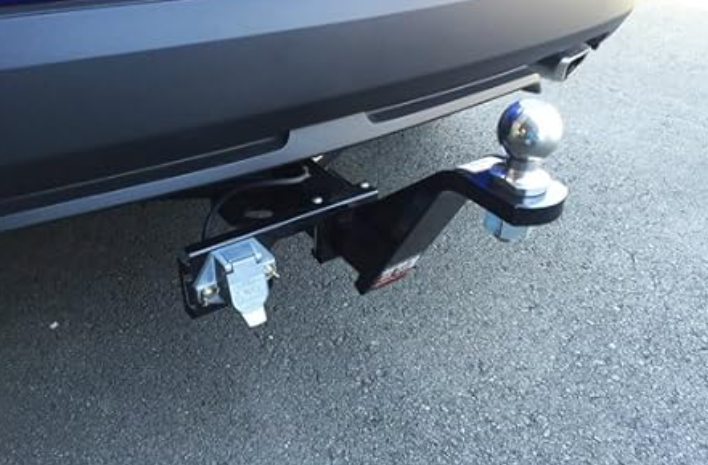
But, 2″ balls aren’t good for heavy towing. They can’t handle big weights.
2-5/16″ Ball: Strong and Steady
The 2-5/16″ ball coupler is perfect for bigger trailers. It’s stronger and keeps things stable. You see it on RVs, car haulers, and work trailers.
- Weight Limit: Holds 12,500 to 21,000 lbs GTW, based on the coupler.
- Uses: Best for travel trailers, fifth-wheel RVs, or heavy gear trailers.
- Coupler Example: The 2-5/16″ Ball 12,500 lbs A-Frame Trailer Couplerfits A-frame trailers for tough towing.
- Perks:
- Stops wobble and keeps heavy loads steady.
- Made tough, often with cast steel or rust-proof coatings.
- Good for highways or rough roads.
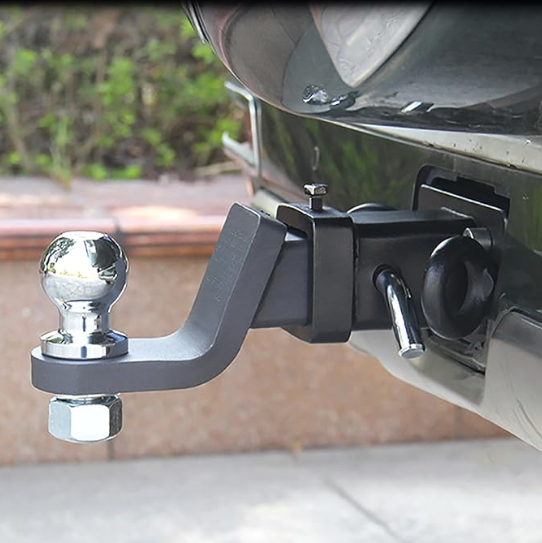
This size is great if you need a strong towing setup.
3″ Ball: For Super Heavy Jobs
The 3″ ball isn’t used much. It’s for special, heavy-duty towing. Think big, tough trailers.
- Weight Limit: Can take up to 30,000 lbs GTW or more.
- Uses: Found on construction, farm, or military trailers.
- Perks:
- Crazy strong for huge loads.
- Often used with pintle hitches for extra toughness.
- Downsides:
- Doesn’t work with most regular tow vehicles.
- Can be noisy when towing compared to smaller balls.
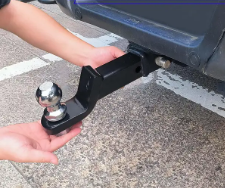
Since it’s so specific, you won’t need a 3″ ball for fun or everyday towing.
Comparing Trailer Ball Sizes Side by Side
To pick the right trailer ball size, check out this table. It shows the main differences:
| Ball Size | Weight Limit (GTW) | Common Uses | Coupler Type | Best For |
| 2″ | Up to 8,000 lbs | Utility trailers, boats, small RVs | A-frame, straight-tongue | Light to medium towing |
| 2-5/16″ | 12,500–21,000 lbs | RVs, car haulers, gear trailers | A-frame, gooseneck | Heavy recreational or work towing |
| 3″ | Up to 30,000 lbs | Industrial, farm, military trailers | Pintle, heavy-duty | Special, extreme towing |
Tips for Picking the Right Coupler
Choosing a coupler isn’t just about trailer ball sizes. You need to think about a few things to make sure it’s safe and works well.
- Trailer Weight: Look at your trailer’s gross trailer weight (GTW) and tongue weight. Pick a coupler that can handle more than your trailer’s GTW. This adds safety.
- Trailer Type: A-frame couplers are great for trailers with an A-shaped front. Straight-tongue couplers fit trailers with a single, straight front. Gooseneck couplers work for heavy setups.
- Hitch Ball Size: Make sure the coupler matches your vehicle’s ball size. For example, a 2″ or 2-5/16″ ball coupler.
- Material and Coating: Choose strong materials like cast steel. Rust-proof coatings, like galvanized ones, last longer. Check out GO Trailer’s coupler collection. Their products are CE-certified and built to last.
- Locking System: Get a coupler with a secure latch. Posi-lock or sleeve-lock systems keep the trailer from coming loose.
If you think about these, you’ll find a coupler that’s safe and fits your needs.
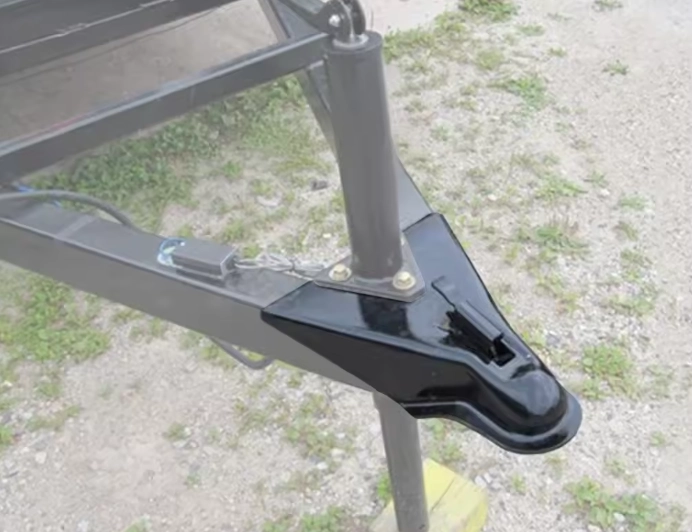
About GO Trailer: Your Go-To Trailer Parts Maker
GO Trailer is based in Qingdao, China. They’ve been making trailer parts for over 15 years. They’re experts in trailer couplers and other components. Their products help RV fans, workers, and everyday towers in the US. GO Trailer uses high-tech tools like CNC machines and laser cutters to make their stuff. All their couplers are CE-certified and galvanized to fight rust. They’re built to handle all kinds of towing jobs. Want to see more? Visit www.gotrailerpart.com.
FAQs: Answers to Your Trailer Ball Size Questions
Q1: What’s the difference between a 2″ and a 2-5/16″ trailer ball size?
A: A 2″ ball is for lighter trailers. It holds up to 8,000 lbs GTW. The 2-5/16″ ball coupler is for heavier stuff. It can handle up to 21,000 lbs GTW. The bigger size makes heavy trailers, like RVs, more stable.
Q2: When do I need a 3″ trailer ball size?
A: Use a 3″ ball for super heavy towing. Think industrial or farm trailers with 30,000 lbs GTW or more. It’s not common for fun towing because it’s so specialized.
Q3: How do I figure out which trailer ball size my trailer needs?
A: Look at the coupler’s label or manual. It tells you the ball size, like 2″ or 2-5/16″ ball coupler. You can also measure the coupler’s socket. Or ask your trailer’s maker.
Q4: Where can I find the right coupler for my trailer?
A: Check your trailer’s ball size and weight needs. Then, pick a coupler that matches. Make sure it’s strong and has a good latch. Online stores have lots of options for different trailer ball sizes.
Get the Right Coupler Now
Want to tow with no worries? Picking the right trailer ball size and coupler keeps your trip safe and fun. Whether you need a 2″ Ball 8,000 lbs A-Frame Trailer Coupler for small loads or a 2-5/16″ Ball 12,500 lbs A-Frame Trailer Coupler for big ones, GO Trailer has what you need. Check out their products at www.gotrailerpart.com. Upgrade your towing gear today. Happy trails!


